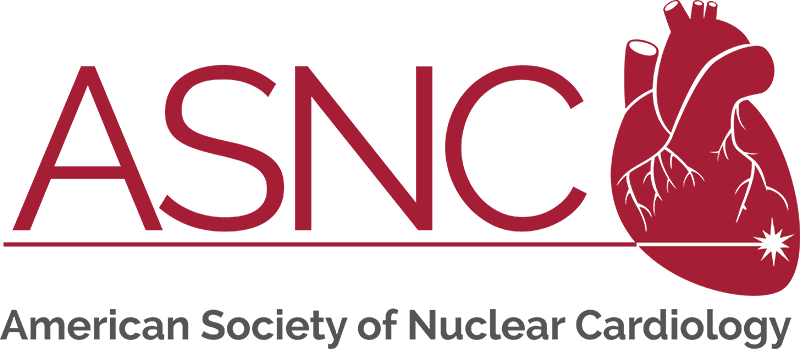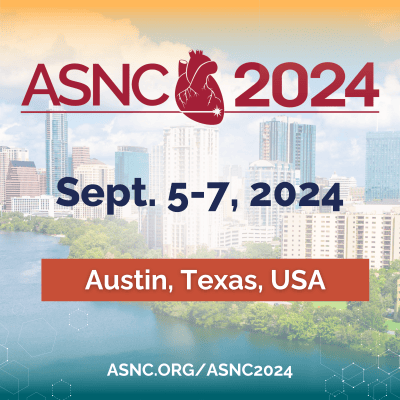This month, the U.S. Food and Drug Administration (FDA) granted its breakthrough therapy designation (BTD) to the PET radiotracer iodine-124 (I-124) evuzamitide (AT-01) for imaging in patients with suspected or known cardiac amyloidosis. The FDA uses its BTD process to “expedite the development and review of drugs that are intended to treat a serious condition [where] preliminary clinical evidence indicates that the drug may demonstrate substantial improvement over available therapy on a clinically significant endpoint(s),” according to the agency’s website.
Companies whose drugs receive the breakthrough designation are eligible for intensive guidance from the FDA to accelerate drug development, including an organizational commitment by senior FDA managers and eligibility for Biologic License Application rolling and priority review. In a statement, Attralus, Inc., the biopharmaceutical company developing I-124 evuzamitide, said the company is “committed to bringing 124I-evuzamitide to the market as quickly as possible.”
‘Nuclear Cardiology Is Advancing by Leaps and Bounds’
This news is yet another example of how the field of nuclear cardiology is advancing by leaps and bounds and evolving very quickly,” says Saurabh Malhotra, MD, MPH, FASNC, who will co-moderate an ASNC2024 amyloidosis-focused poster session with Shaden Khalaf, MD.
“Development and clinical application of pan-amyloid tracers like I-124 and 99mTc-p5+14 will greatly enhance the accuracy of diagnosis of systemic amyloidosis, quantification of disease burden, monitoring response to therapy, and eliminate false-negative findings,” Dr. Malhotra explains. “Additionally, coupled with novel targeted therapies on the horizon, it is very conceivable that cardiology could enter the realm of theranostics, where you could combine the tracer with the therapy itself. This is very important for cardiologists in general and for nuclear cardiologists in particular because of our expertise with radiopharmaceuticals.”
The amyloidosis poster session will include an update on the Acoramidis Transthyretin Amyloidosis Prevention Trial (ACT-EARLY), new research on I-124 evuzamitide, the SPECT radiotracer 99mTc-p5+14, and many more scientific abstracts focused on improving the identification, diagnosis, and management of cardiac amyloidosis.
Saurabh Malhotra, MD, MPH, FASNC
“Much of what we will learn in this session and throughout ASNC2024 will be immediately translatable to clinical practice. We could be applying it in patient care the very next day after ASNC2024.”
– Saurabh Malhotra, MD, MPH, FASNC
“This session will give us a preview of what’s coming in the very near future, and it will also provide novel insights on how we should be imaging patients for cardiac amyloidosis in contemporary clinical practice,” Dr. Malhotra says. “Much of what we will learn in this session and throughout ASNC2024 will be immediately translatable to clinical practice. We could be applying it in patient care the very next day after ASNC2024.”
In-Person and Virtual ASNC2024 Registration Available
Advanced Registration savings for in-person and virtual ASNC2024 participation is available for less than 2 weeks, only through Aug. 29.
REGISTER FOR ASNC2024
Article Type
News & Announcements
Category
Advocacy, Education
Related Posts
ASNC Gains Second Seat in American Medical Association House of Delegates
The American Medical Association (AMA) has granted ASNC additional representation in the…
ASNC, ACC Hosting Joint Session on Transforming Care with Nuclear Cardiology Innovations
Also in Chicago: Show-a-Case, Ask the Experts, More At ACC.25, ASNC and…
ASNC Hosting Cardiac PET ‘Ask the Experts’ Sessions and More at ACC.25
Are you attending ACC.25 in Chicago, March 29-31? Be sure to schedule…





